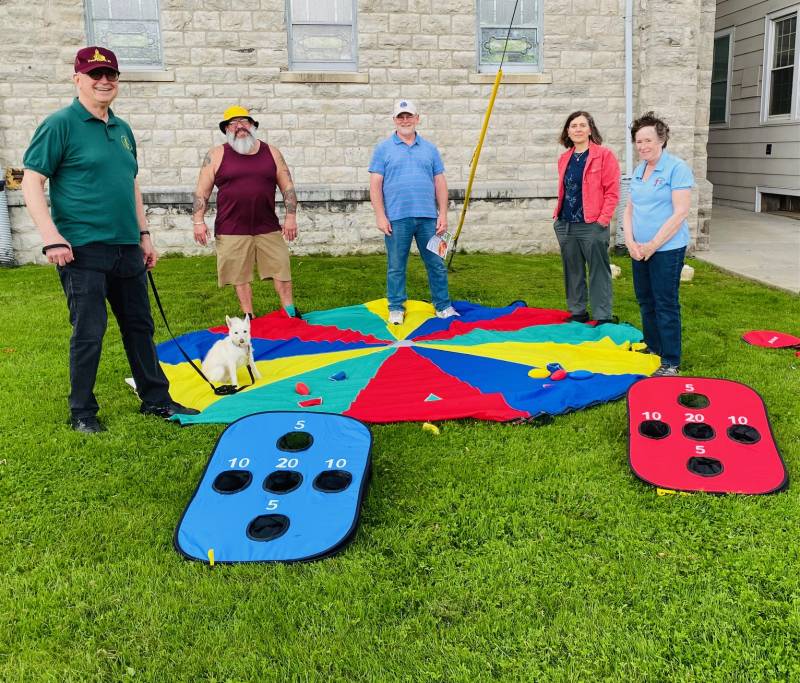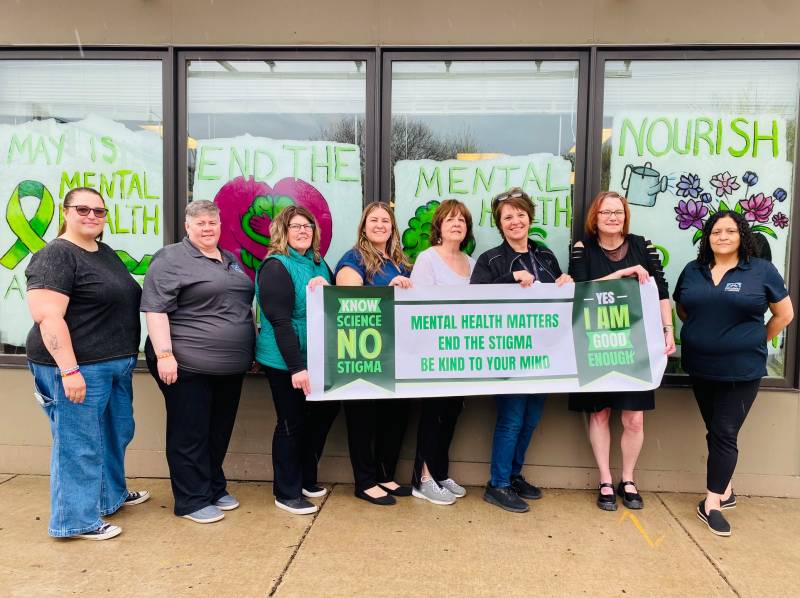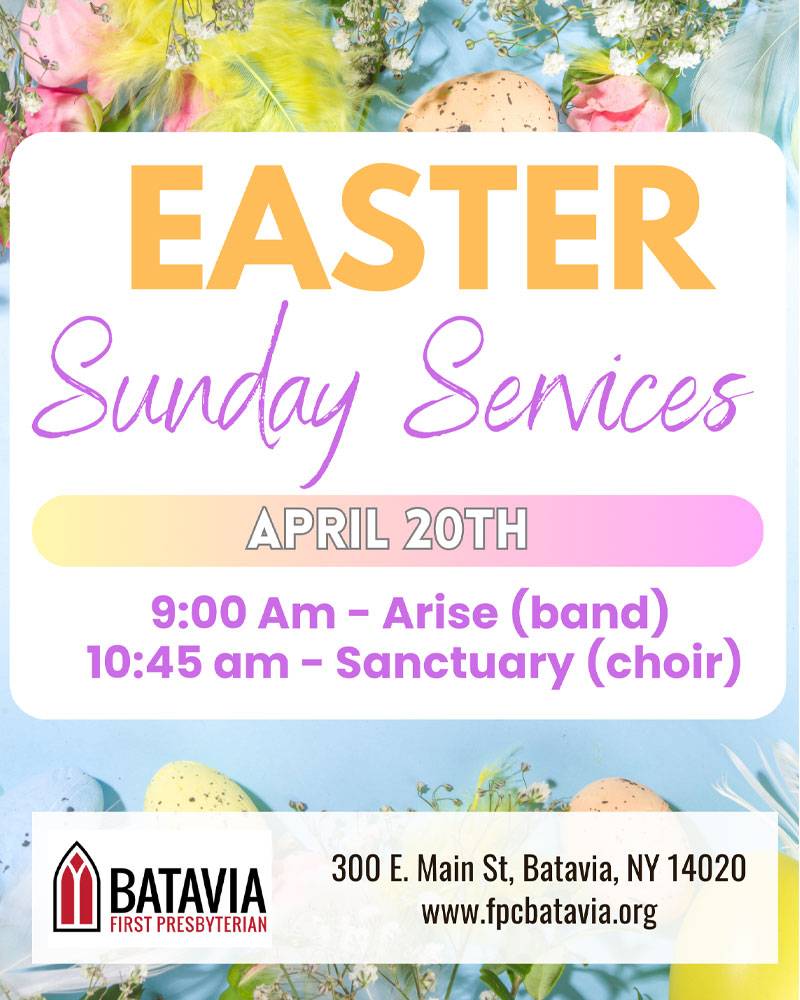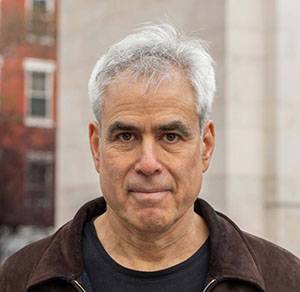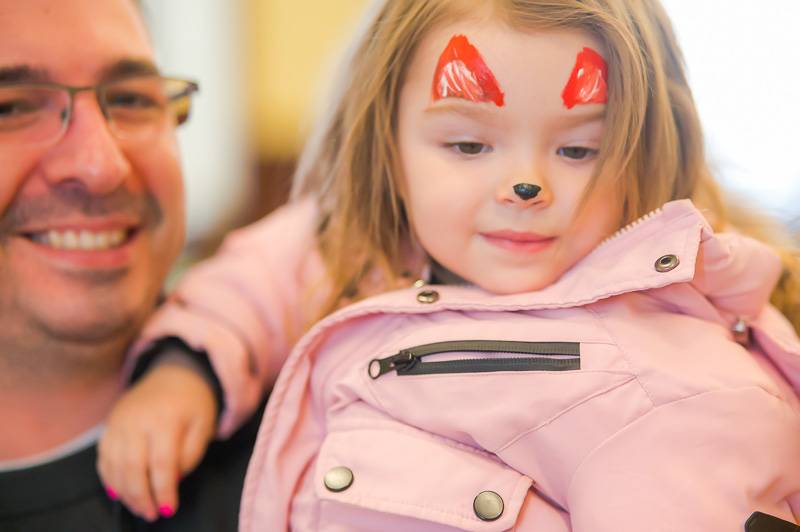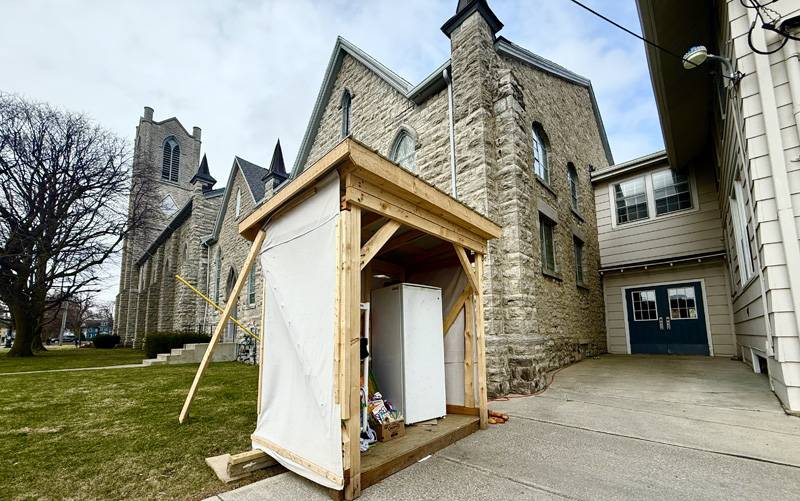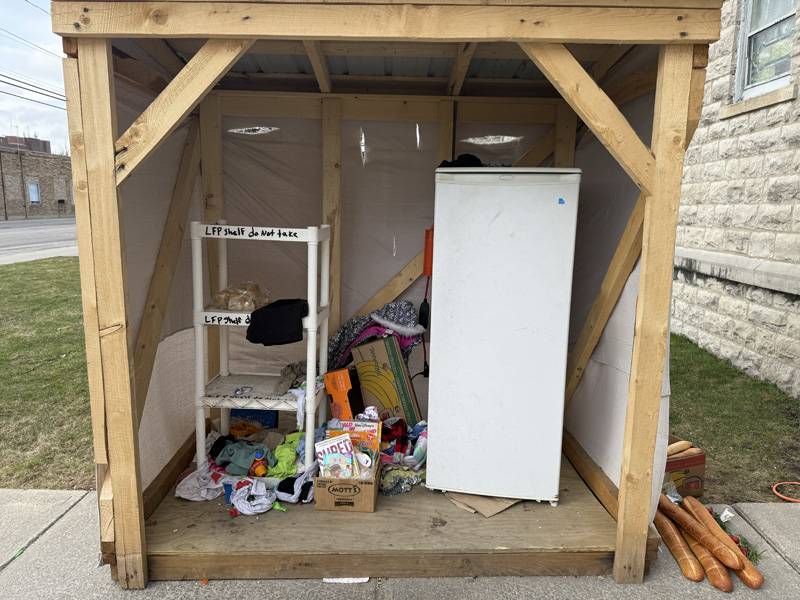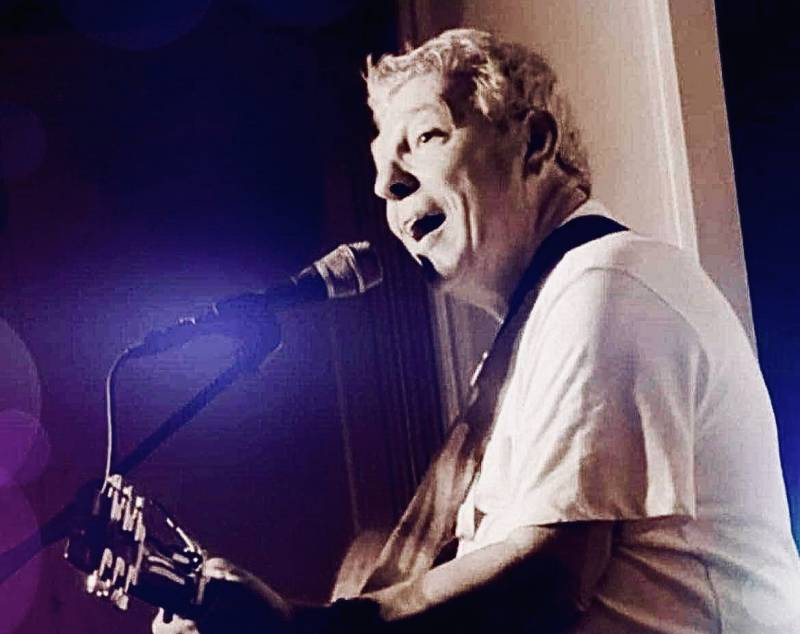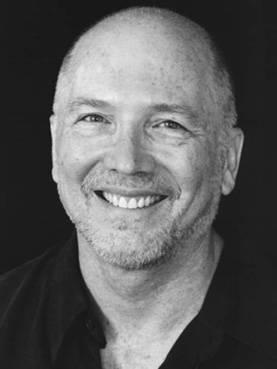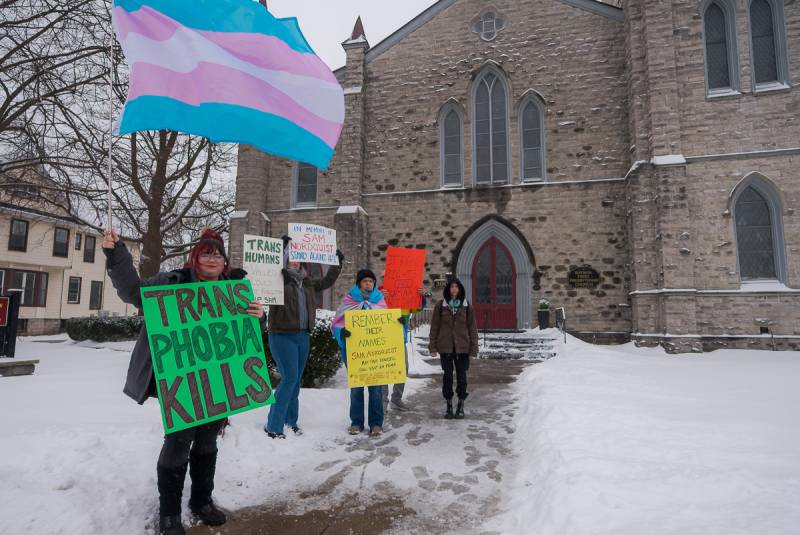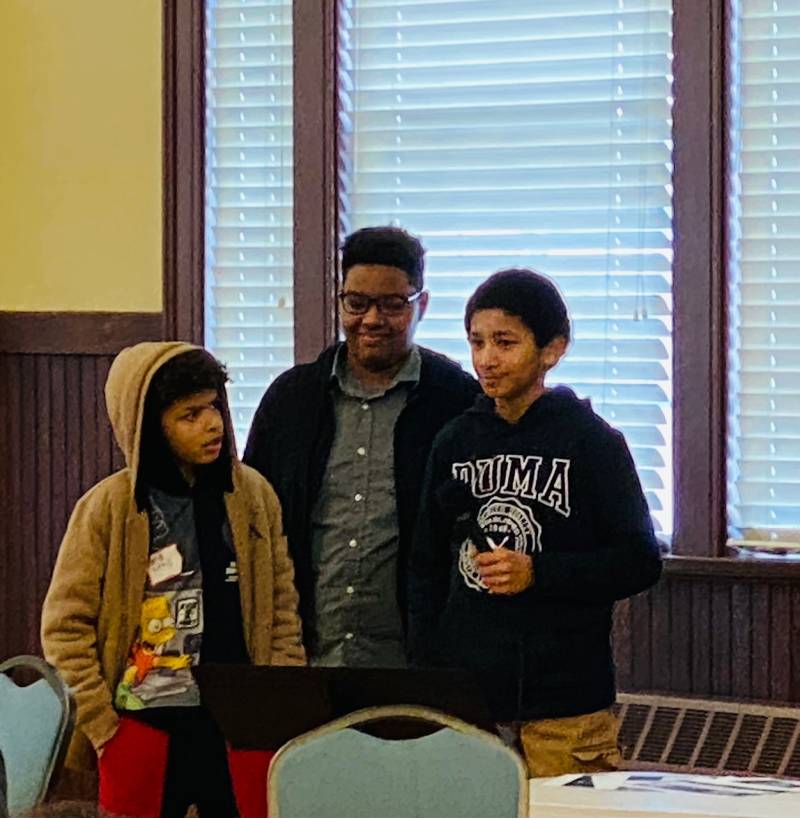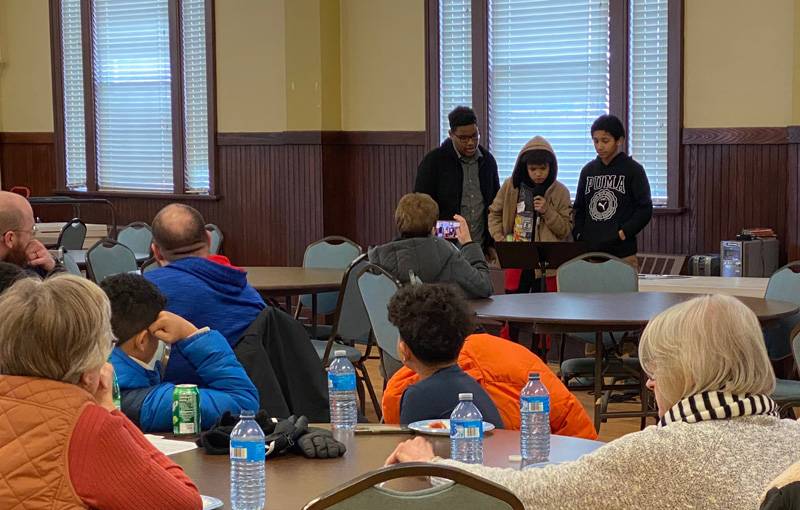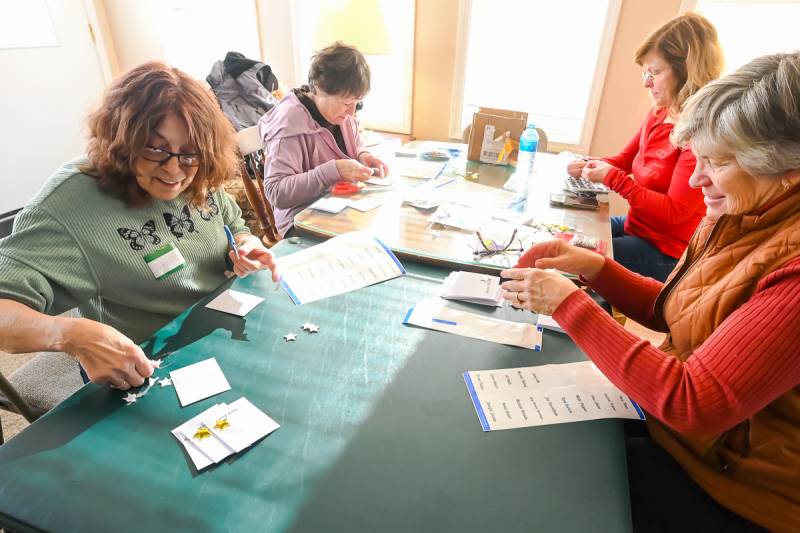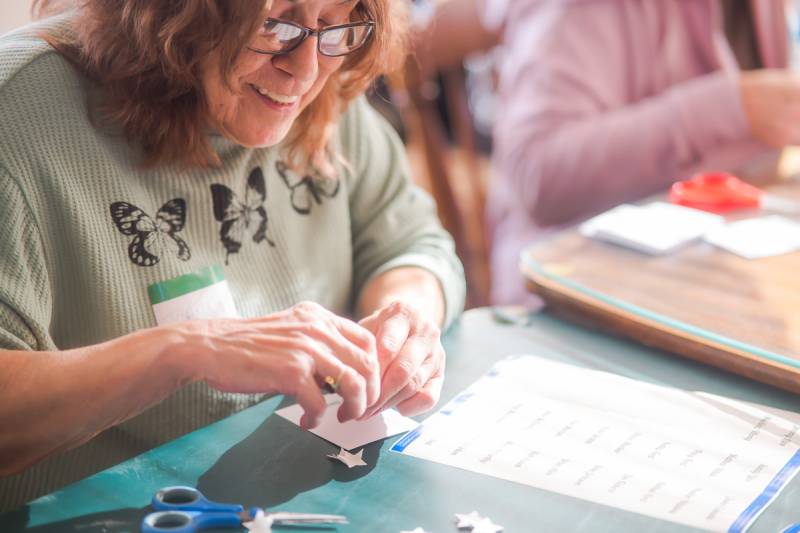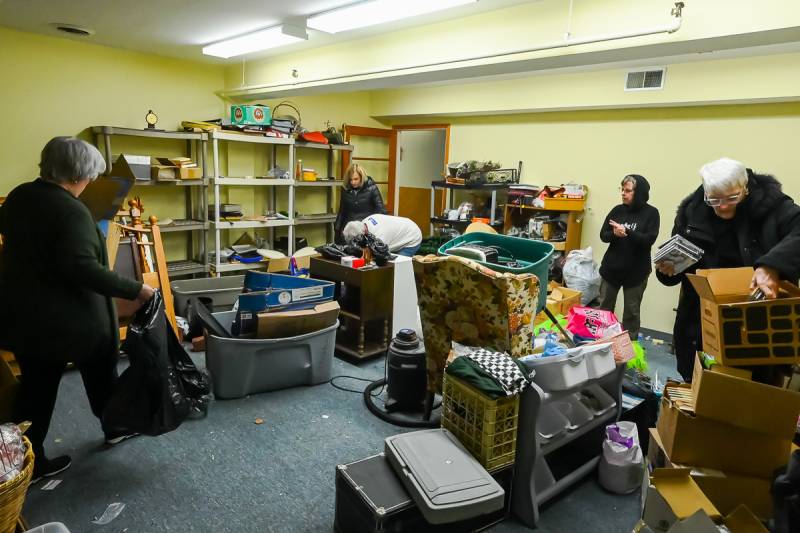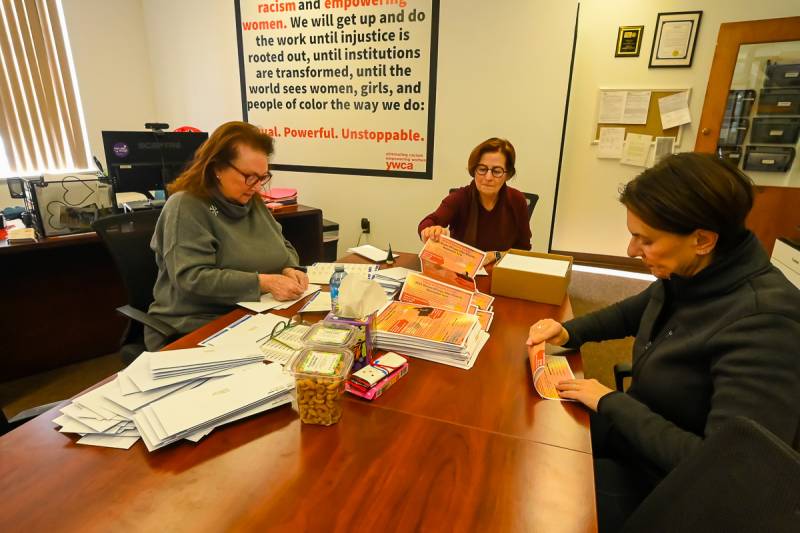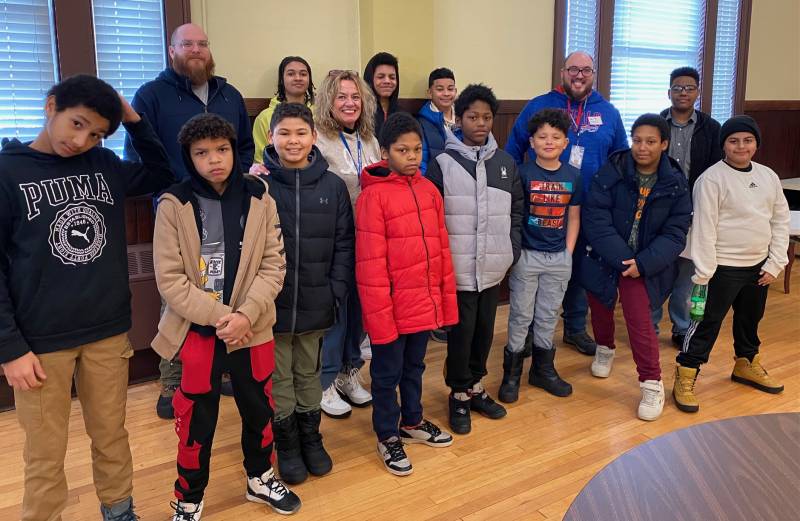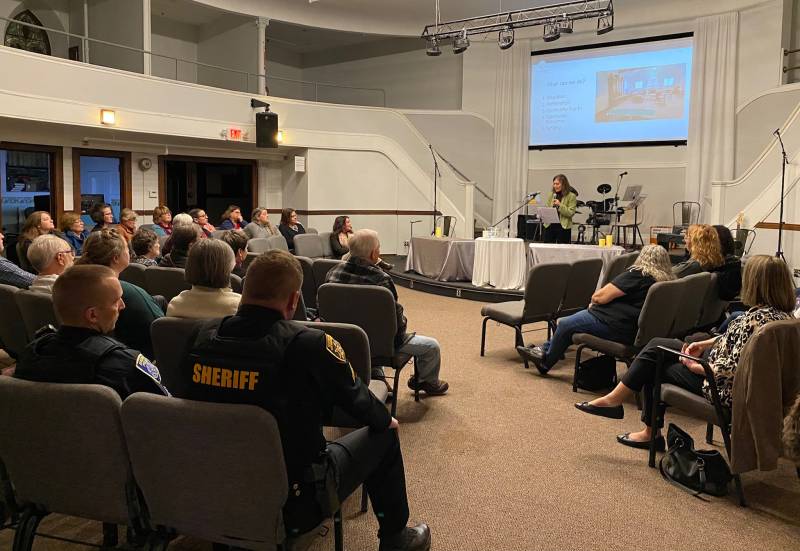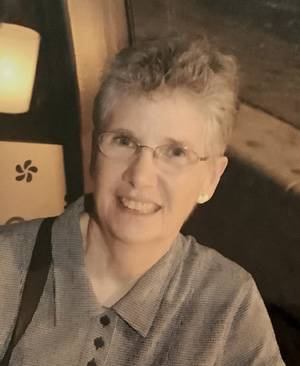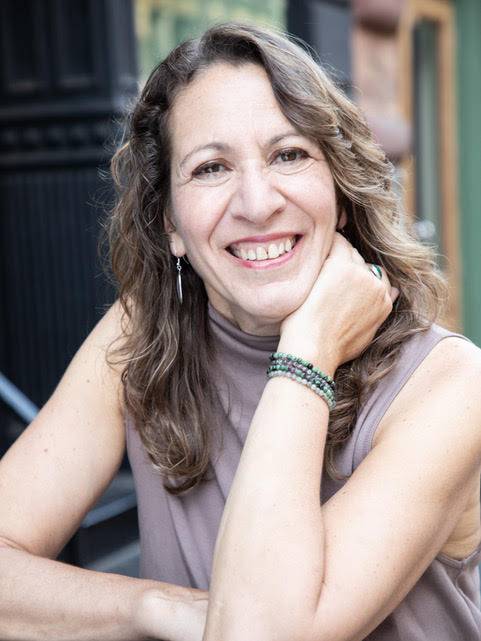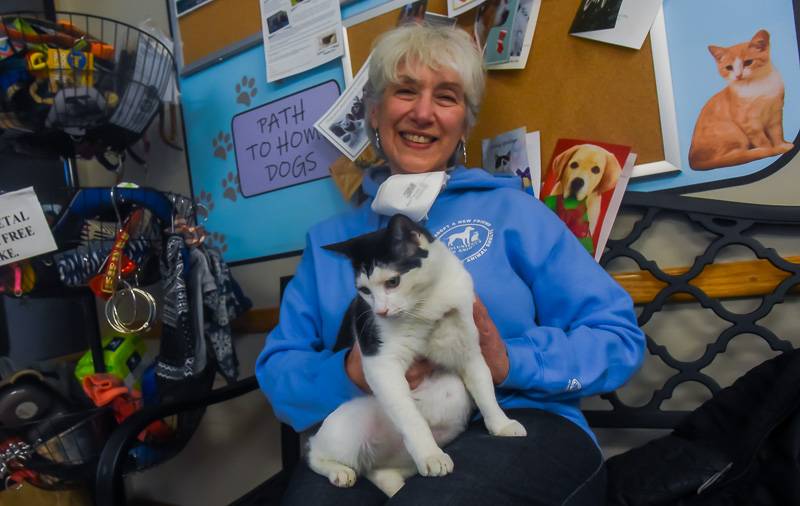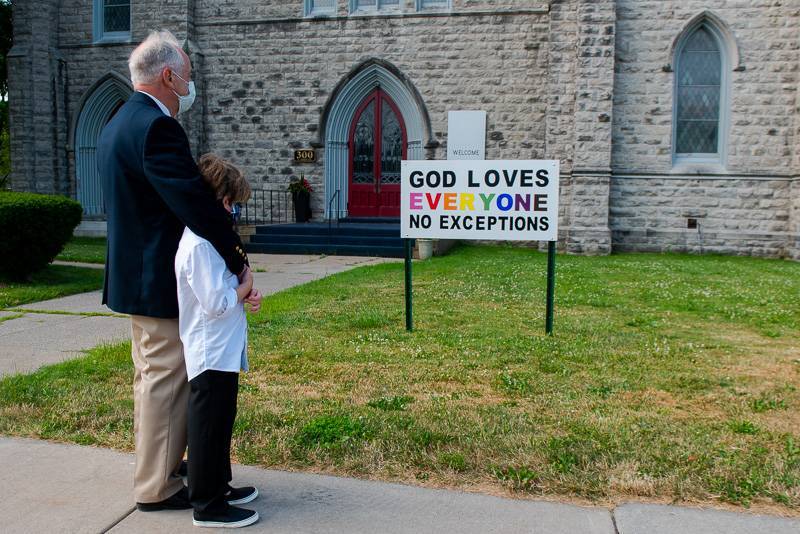Class to help you have 'a full, beautiful life' introduces tools of powerful energy June 5
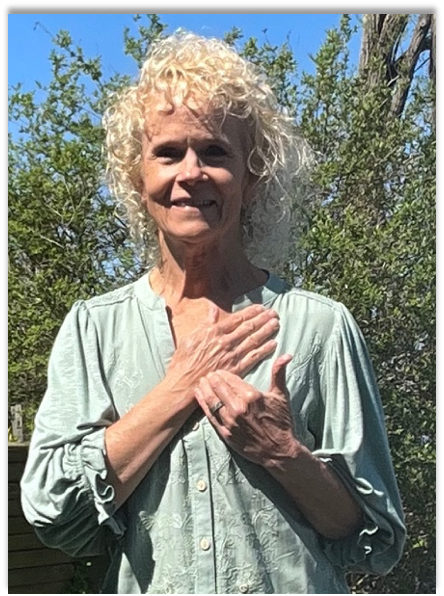
Submitted Photo
Mary Lichtenstein struggled and suffered most of her life with depression, and did so in silence, coming from a family at a time when one didn’t “air the dirty laundry,” and masking repercussions of having been in a car accident as a teenager by being “a walking pharmacy,” she says.
Yet despite the prescription drugs, there were the side effects, migraines from a head injury, and not much relief, rendering her feeling as if “I didn’t want to be here,” she said. It was her husband Mark that found out about Donna Eden, founder of the Eden Method, a way to use one’s body energy to live a “long, healthy and joyful life,” according to her website.
“It was the best gift he ever gave me, besides my daughter, Danielle. I stopped playing the movie in my head that I’m not good enough, I’m not pretty enough, I’m not thin enough,” Lichtenstein said during an interview with The Batavian from her home in Mexico, New York. “I teach people now. I no longer have foggy brain, that movie didn’t play over in my head any more. I gained healthy boundaries, I learned we surrender our power. Before, I was notorious for being a doormat.”
Lichtenstein owns Integrative Healing Solutions, LLC and is an advanced practitioner of Eden Energy Medicine, an integrated approach to healing by learning how to build neuroplasticity, detox your brain, open new neural pathways and calm the nervous system.
She’s bringing a class, Calm Within: Energy Medicine for Stress & Anxiety Relief, here from 1 to 3:30 p.m. June 5 at Batavia First Presbyterian Church, 300 E. Main St.
Serving as her own living validation that the Eden method of recovery and living actually works, Lichtenstein has gone on to teach it to others, watching remarkable transformations, she said.
“What I love about Donna Eden's work is that it's one of the quickest, most effective ways I've discovered in my 63 years of struggling myself. I mean, not so much in the last 15 years, but prior to that, it gives you tools that you can use for yourself to give you back and empower you and make you more resilient," she said. "I would dare say that every single health crisis has a stress component to deal with it, and not being able to deal with it or know how to deal with it, and this gives you those simple tools to deal with it, so that you don't get sick.
"And I'm walking proof of it. And most people that have become practitioners in energy medicine is because they are very sick themselves, and it saved my life, basically, learning how to do this," she said. "And I want it for everybody else, because, we deserve to have a full, beautiful life and enjoy every day to its fullest, because we don't know what's going to happen.”
She provides tools for people to use to calm themselves, she said. It’s a really soothing, simple yet powerful energy to restore one’s balance, whether it’s the breath, presence or intention, there is most definitely a noticeable before and after, she said.
A registered respiratory therapist for several years, she didn’t feel as though she was making much of an impact on her patients’ health. It was as if she was “taking this blazing fire and we were taking this little squirt gun, and going, ‘I’m wondering why they weren’t getting better,’” she said. So she eventually left that field and went on to work in schools.
Then in 2010, she began to study this new method, and saw “amazing results” with students while as a teen health educator for two school districts.
“Holy moly, what a difference. I had one girl who’d just as soon punch the vice principal as talk to him, and in her senior year, she didn’t get in any trouble, and now I’m so proud of her. She’s going to school to be a teacher, and it was just teaching her simple tools, which I’m going to teach in this class. It changed this girl’s life, and she got out of a toxic relationship and she’s doing fantastic.”
Participants in this class will receive a booklet of information and exercises to perform — not calisthenics that depend on one’s physical condition but those tools, Lichtenstein said — to enable anyone to do them and understand “how our energies affect” not only ourselves but others in the room, she said.
There will be “just enough” science to explain why and how this method works, but not too much to be overwhelming, she said. One key aspect is neuroplasticity.
What is neuroplasticity?
Neuroplasticity is the brain’s ability to change and adapt throughout life. It refers to the brain forming new neural connections and reorganizing itself in response to experiences, emotions, behaviors, and even energy-based practices.
“When you're stressed or anxious, your brain often strengthens neural pathways associated with fear, worry, and survival. However, with intentional practices — like those in Eden Energy Medicine — you can begin to rewire your brain toward calm, balance, and resilience,” Lichtenstein said. “Each exercise students will learn in this class, Calm Within: Energy Medicine for Stress & Anxiety Relief, supports rewiring the brain by helping the nervous system shift out of survival mode and into balance, calm, and healing.”
Fee is $25, and scholarships are available for those that may not otherwise be able to attend. Lichtenstein said that once participants connect with her, she is there for you afterward if needed.
“My goal is to put myself out of business, because people are stressed.," she said. "I have had personal stress, and I wouldn’t have been able to get through it without energy medicine, and now I want to share it with as many people as I can.”
For more information or to register, go HERE.

